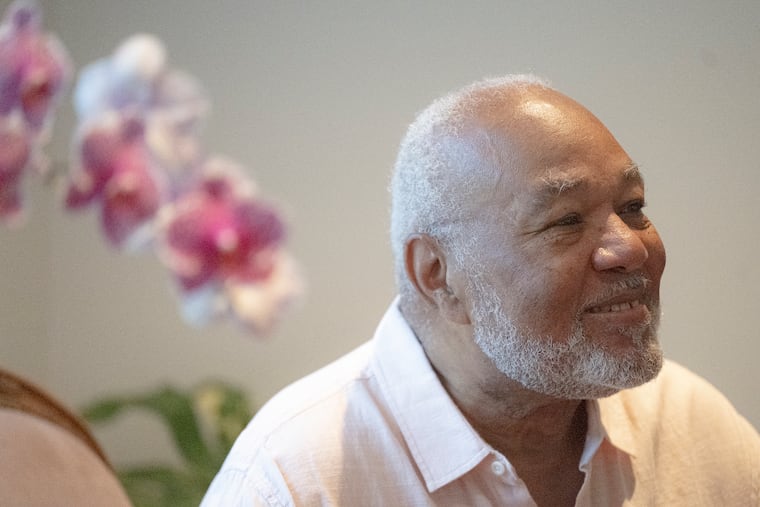NYC transit union plans to sue city officials and donors over efforts to ban horse-drawn carriages.
New York City’s largest transit union, the Transport Workers Union (TWU), is reportedly preparing to initiate legal action against First Deputy Mayor Randy Mastro and several other influential figures in response to ongoing attempts to eliminate the city’s horse-drawn carriage industry. The union, which advocates on behalf of carriage drivers, filed letters this week notifying Mastro and others of their intent to sue. The correspondence outlines allegations of a “deceptive enterprise,” although detailed specifics of these claims remain undisclosed.
The TWU’s decision to escalate the situation follows prior reports revealing that Josh Fox, a Florida businessman and donor to Mayor Eric Adams, held private meetings with the mayor and Mastro just days before Adams publicly endorsed a City Council bill aimed at prohibiting the carriage industry. This marked a notable shift from Adams’s earlier stance against such a ban, raising questions about the motivations behind the policy change.
Fox operates the Hunter Brady Foundation, an organization advocating for animal rights that seeks to develop electric carriages intended to serve as replacements for traditional horse-drawn vehicles in Central Park. Among Fox’s associates is Eric Lerner, another contributor to Adams’s campaign, who played a significant role in supporting the mayor’s reelection efforts through a prominent super PAC. Critics, including the TWU, suspect that Fox, Lerner, and the Hunter Brady Foundation may have engaged in activities involving potential misrepresentation and improper lobbying to advance their agenda against the carriage industry.
In letters issued by TWU attorney Matt Richard, allegations are leveled against Mastro, along with executives from the animal rights group NYCLASS, lobbyists, and two City Council members, Bob Holden and Erik Bottcher, who have been instrumental in advancing the legislation to terminate the carriage industry. Furthermore, Richard indicated that additional consultants and lobbyists could also face inclusion as defendants in the anticipated lawsuit.
Richard’s correspondence points to an investigation by the TWU, underscoring concerns that the push for a ban on horse carriages could potentially lead to financial motives tied to real estate development and electric touring vehicles. This notion was echoed by TWU International President John Samuelsen, who emphasized the need for closer scrutiny of the coalition behind the ban.
Responses from those implicated were varied. Jami Schlicher, a spokesperson for Fox’s foundation, expressed a desire for constructive dialogue to find common ground. Conversely, City Hall representatives dismissed the TWU’s claims as frivolous, asserting that a significant majority of New Yorkers support the termination of the horse carriage industry for public safety reasons.
As animal rights advocates continue to press for the abolition of horse-drawn carriages, the TWU maintains that there are viable alternatives to ensure the well-being of the horses without resorting to a complete ban. The contentious dialogue surrounding this issue highlights the intersection of animal rights, urban governance, and labor rights, which will likely shape discussions in New York City’s political sphere in the coming months.
Media News Source







